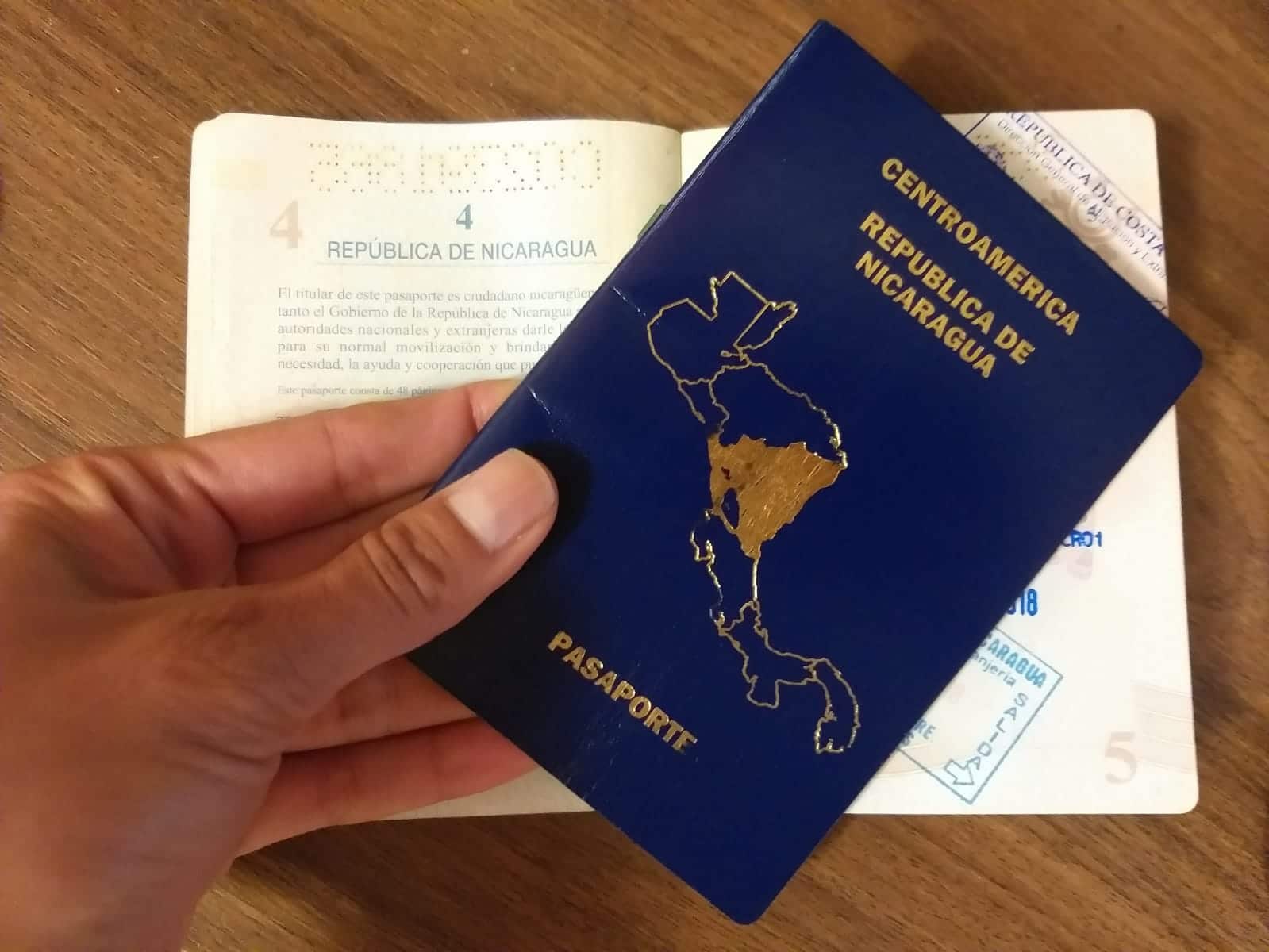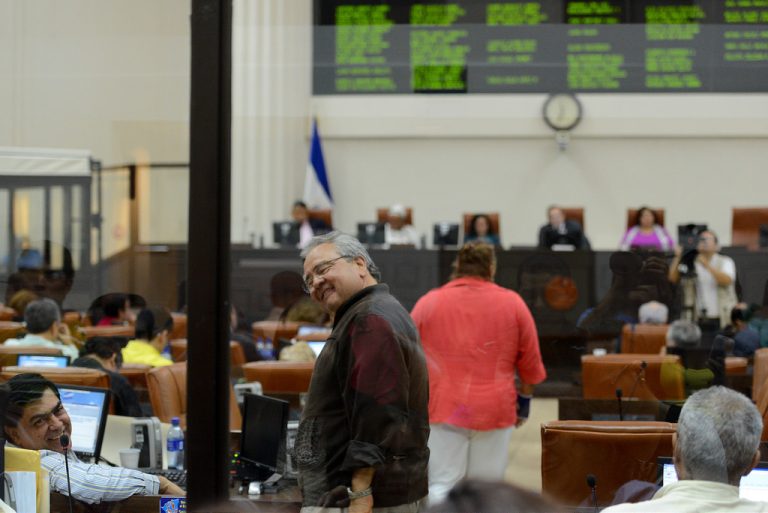5 de octubre 2020

Nicaragua: Public Employees Hindered from Traveling to USA

PUBLICIDAD 1M
PUBLICIDAD 4D
PUBLICIDAD 5D
The National Assembly will discuss the new laws beginning October 13. The proposed bills retain their original language with no substantive changes.

Gustavo Porras
Gustavo Porras, Sandinista loyalist, and president of Nicaragua’s National Assembly, announced the upcoming discussion of two new repressive laws. The Assembly will take up the “Law for the Regulation of Foreign Agents” on October 13th. The “Special Cybercrimes Law” will be introduced the same day. Both laws are expected to be approved rapidly by the full parliament. Ortega’s FSLN party has an absolute majority.
The “Foreign Agents” proposal is currently under study in the Commission for the Economy and the Budget. The “Cybercrimes” draft was sent to the Commission for Education, Communication, and Infrastructure. The Commissions expect to have their version ready for approval next week.
“They’re laws we want this legislature to approve, and we understand that the proposals will be ready after next week. We expect to approve both laws at the opening of a new session of the National Assembly on October 13th or 14th.” Porras issued these remarks during an interview with a government media outlet.
The legislature is also expected to approve Constitutional reforms allowing the imposition of life sentences in Nicaragua. This is a preliminary step, opening the door for the passage of “hate crimes” laws sanctioned with life imprisonment. In his September 15th speech, Daniel Ortega had announced his government’s intention to promote such a law.
According to Porras, the National Assembly deputies and the Supreme Court justices have been working to establish life sentences. They’ve been doing so “since the president announced it.” The objective is “to have it ready this year, along with a constitutional reform if necessary.”
In Porras’ view, “there’s a massive demand from the population” for a measure establishing life sentences in Nicaragua. That, according to him, is the reason they’re working hurriedly to have “a proposal approved soon.”
Sandinista deputy Jose Figueroa minimized the impact of the proposed “Law to Regulate Foreign Agents”. The legislator assured that “being a foreign agent isn’t a crime”. This law, he says, will punish those with political aspirations who receive financing from other countries.
“A Nicaraguan who represents foreign interests, financed by foreign governments, can’t represent Nicaragua in any political position,” Figueroa declared. The proposed law “declares a foreign agent ineligible to exercise any public responsibility,” he insisted.
Porras noted: “imagine someone from a government with interests in another country offering money to a certain candidate. That’s not possible in Nicaragua.” His remarks completely ignore the Ortega regime’s past use of discretionary funds totaling at least US $4.95 billion from the Venezuelan government.
“We won’t accept money being used to intervene in our country’s internal affairs. No foreign power can come with their money to decide matters corresponding to us as Nicaraguans. It’s a law of national sovereignty, it’s a law of patriotism,” Porras insisted.
Figueroa recalled that many foreign companies come to Nicaragua to invest and Non-Governmental Organizations destine resources for social projects. “There’s no problem with that”. But foreign agents must not “promote intervention, interference, destabilization, the organization of roadblocks or economic disruption with their financing. That foreign agent does have a problem.”
In Figueroa’s judgment, “no” NGO that is working transparently will be affected by the “Law for the Regulation of Foreign Agents”. “The civil associations aren’t there to carry out party labors or political work. They’re there for social works,” he said.
In his September 15th speech commemorating Central American independence, Daniel Ortega announced his intention to promote the approval of life sentences. He wants these as a tool to punish “hate crimes”. A week later, the Sandinista deputies presented a draft of the “Law to Regulate Foreign Agents” in the National Assembly. According to attorneys and constitutional experts, this law will divide Nicaraguans into two categories. There will be the “true” Nicaraguans, according to the Ortega-Murillo regime’s definition, and the “foreign agents”.
This week, the same legislators will introduce the proposed “Special Cybercrimes Law”. This establishes jail terms for citizens who, in their view, propagate “fake news”. The proposal is a blow to public freedoms. Experts have termed it a “gag law”.
Archivado como:
PUBLICIDAD 3M
Confidencial es un diario digital nicaragüense, de formato multimedia, fundado por Carlos F. Chamorro en junio de 1996.
PUBLICIDAD 3D